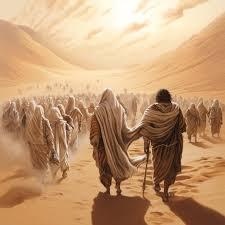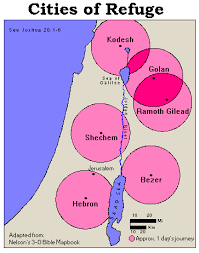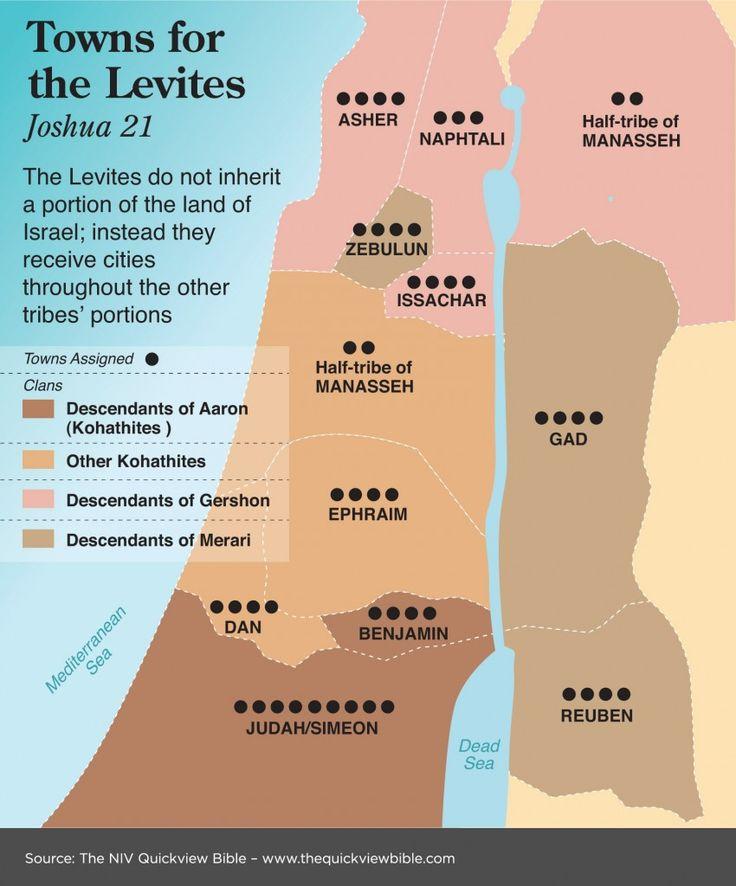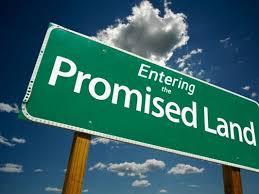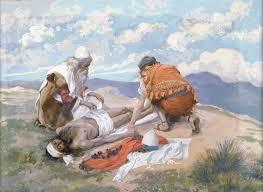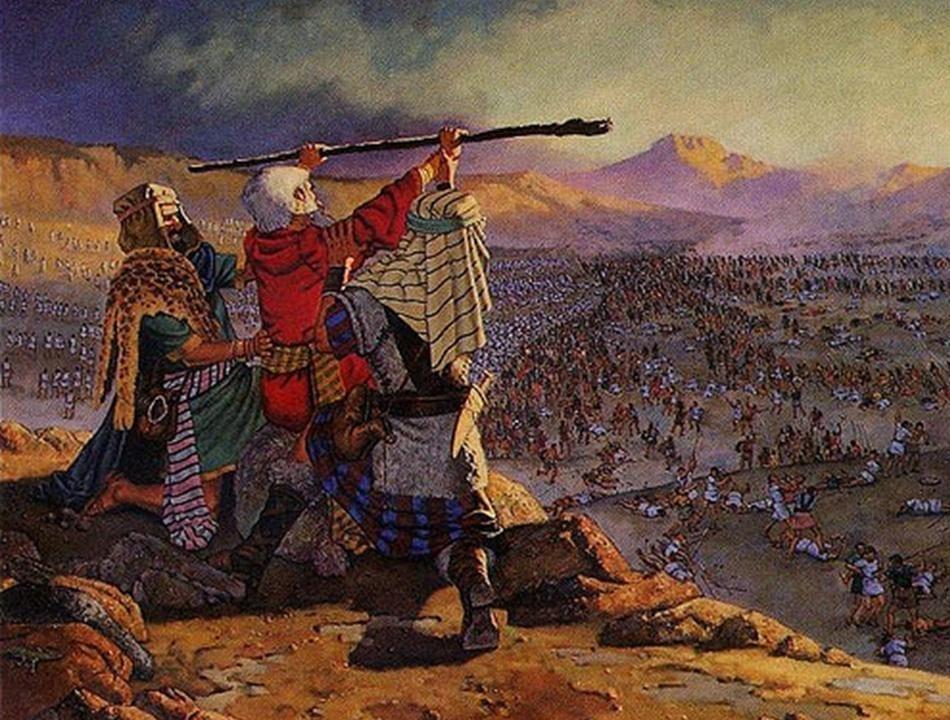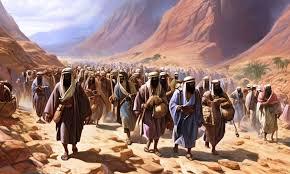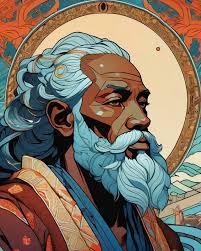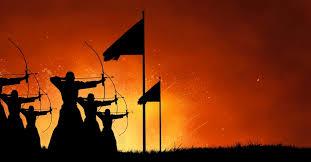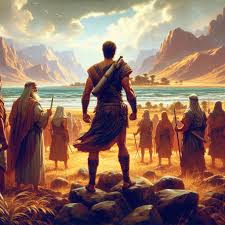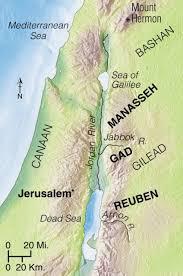Gq – Bibliography
Bibliography

There is a sense in which everyone who writes a commentary on any book of the Bible climbs on the shoulders of previous commentators. The book of Numbers has been especially well served, not only with commentaries, but scholarly research. The resulting literature amounts to a mini-library. At any rate, I would like to thank the contributing authors below.
aa.usno.navy.mil
Aariel, Ysrael, The Odyssey of the Third Temple, The Temple Institute, Isra’el Publications and Productions Ltd, Jerusalem, 1993.
Allen, Ronald, The Expositor’s Bible Commentary (Volume 2) Numbers-Ruth, Grand Rapids: Zondervan, 2012.
Ashley, Timothy, Numbers, NICOT, Grand Rapids, Michigan, 1993.
Cocoris, Michael. Evangelism: A Biblical Approach. South Pasadena: The Church on the Way, 1988.
Cole, Dennis, Numbers, New American Commentary, 2000.
Coleman, Lyle, The Serendipity Bible. Grand Rapids: Zondervan, 1988.
Cragie, Peter, The Book of Deuteronomy, The New International Commentary on the Old Testament, Eerdmans, Grand Rapids, Michigan, 1976.
Currid, John. Genesis, Volume 2, 25:19 to 50:26: Webster: Evangelical Press, 2003.
Edersheim, Alfred. The Temple. Grand Rapids: Eerdmans, 1985.
Enns, Peter, The NIV Application Commentary, Exodus, Grand Rapids: Zondervan, 2000.
Feinberg, Jeffrey Enoch, Walk Numbers, Messianic Jewish Publications, Clarksville, Maryland, 2002.
Feinberg, Jeffrey Enoch, Walk Deuteronomy, Messianic Jewish Publishers, Clarksville, Maryland, 2003.
Feldheim Publishers, The Concise Book of Mitzvah, Nanuet, New York, 1990.
First Fruits of Zion, Torah Club, Volume One, Marshfield, Missouri, 2007.
First Fruits of Zion, Torah Club, Volume Two, Marshfield, Missouri, 2006
First Fruits of Zion, Torah Club, Volume Five, Marshfield, Missouri, 2011.
Flanigan, Jim, What the Bible Teaches about Psalms, Ritchie Old Testament Commentaries, Kilmarnock, Scotland, 2001.
Freedman, James, Manners and Customs of the Bible, Whitaker House, New Kensington, Pennsylvania, 1996.
Fruchtenbaum, Arnold. Ezekiel MP3bbs – eze. San Antonio: Ariel Ministries, 2016.
Fruchtenbaum, Arnold. How Did the Wise Men Know: Manuscript Number 20. San Antonito: Ariel Ministries, 1990.
Fruchtenbaum, Arnold. The Birth and Early Life of Jesus: Manuscript Number 31. Tustin:
Ariel Ministries, 1983.
Gabizon, Jacques Isaac, Numbers, Beth Ariel, Montreal, Canada.
Gibson, Joyce. Genesis: God’s Word for the Biblically Inept. Lancaster: Starburst Publishers, 1999.
Gill’s Exposition of the Entire Bible.
Griffith, Thomas, Genesis, A Devotional Commentary, Eerdmans, Grand Rapids, Michigan, 1946.
Hamilton, Victor, The New International Commentary on the Old Testament: Genesis 18-50, Eerdmans, Grand Rapids, Michigan, 1995, page 644.
Kasdan, Rabbi Barney, October 2011, Naphtali: Speaking Beautiful Words.
Keil and Delitzsch Biblical Commentary on the Old Testament, Hendrickson Publishers, Peabody, Massachusetts, 1980.
Kidner, Derek, Tyndale Old Testament Commentary: Genesis, Inter-Varsity Press, Downers Grove, Illinois, 1967.
Liebi, Roger. The Messiah in the Temple. Dusseldorf: Christicher Medien Vertrieb, 2012.
Levine, Baruch A., Leviticus, The JPS Torah Commentary, The Jewish Publication Society, Jerusalem, 1989.
Longman III, Tremper, The Expositor’s Bible Commentary (Volume 2) Numbers-Ruth, Zondervan, Grand Rapids, Michigan, 2012.
MacArthur, John. Revelation 12-22. Chicago: Moody Press, 2000.
MacArthur, John, Second Corinthians, Chicago, The Moody Bible Institute, 1991.
McGee, J. Vernon. Thru the Bible Commentary Series, Exodus 1-18. Nashville, Nelson Books, 1991.
MacLeod, F. Wayne, Numbers, A Devotional Commentary, Light to My Path Book Distribution, Sydney Mines, Nova Scotia, Cannada, 2016.
Matthew Henry’s Concise Commentary, Thomas Nelson, Nashville, Tennessee, 2003.
Milgrom, Jacob, Numbers, The Jewish Publication Society, New York, NY, 1990.
Morris, Henry. The Genesis Record. Grand Rapids: Baker Book House, 1976.
Olson, Dennis, Numbers, Interpretation, Westminster John Knox, 1996.
Parsons, John, A Year Through the Torah, A Journey for Christians, Hebrew Heart Publications, Scottsdale, AZ, 2008.
Schoville, Keith N., “Canaanites and Amorites,” in Peoples of the Old Testament World, edited by Hoerth, Mattingly, and Yamauchi, 2003.
Shulam, Joseph, Various Teachings from Netivyah Staff, Jerusalem, Isra’el.
Soltau, Henry, The Tabernacle, Kregel Classics, Grand Rapids, Michigan, 1994.
Stern, David, The Jewish New Testament Commentary, Jewish New Testament Publications, Clarksville, Maryland, 1992.
The Soncino Chumash the Five Books of Moses with Haphtaroah, Soncino Press, Wonder Book, Frederick, Maryland.
Tautges, Paul, The Refiner’s Fire, Counseling One Another, The Association of Certified Biblical Counselors, September 18, 2020.
Thomas, Griffin. Genesis, A Devotional Commentary. Grand Rapids: Eerdmans, 1946.
Warren, Rick, Purpose Driven Life, Grand Rapids, Michigan, 2002.
Wiersbe, Warren, Deuteronomy: Be Equipped, David C, Cook, Colorado Springs, CO, 1999.
Wiersbe, Warren, Numbers: Be Counted, David C, Cook, Colorado Springs, CO, 1999.
Wenham, Gordon, Numbers, TOTC, 2008
Youngblood, Ronald, Exodus, Chicago, Moody Press, 1983.
Zuck, Roy, The Bible Knowledge Commentary of the OT, Victor Books, Wheaton, IL, 1986.




